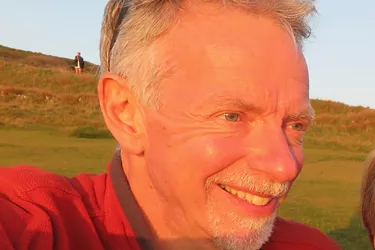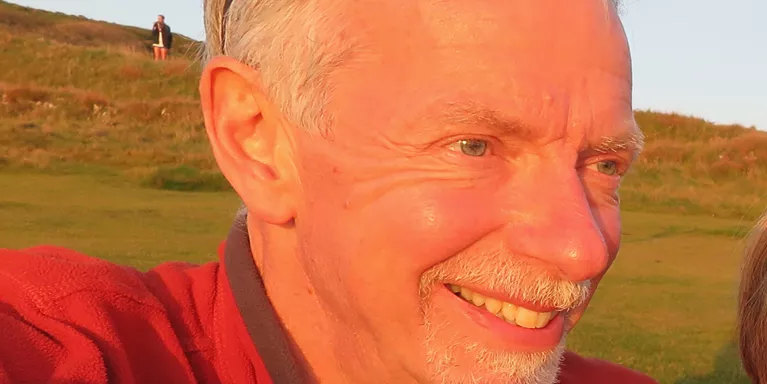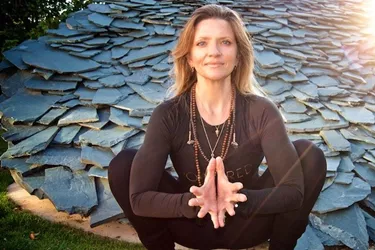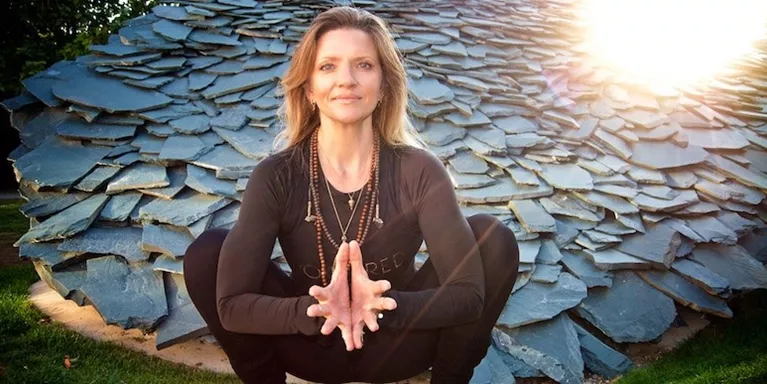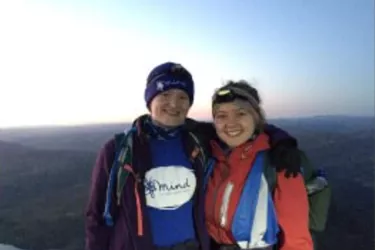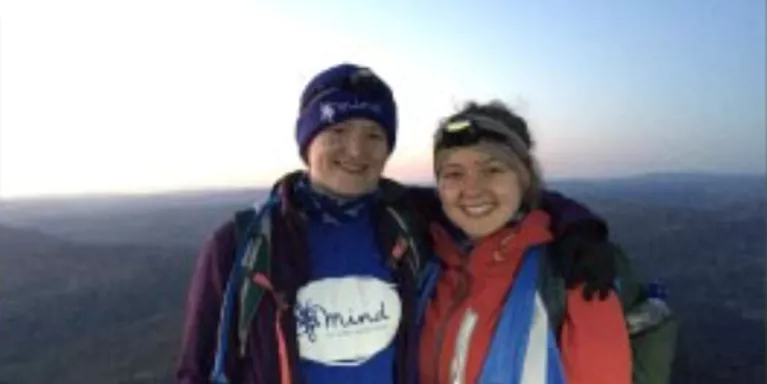I learnt to cope by telling myself I don't care
David blogs about how he eventually overcame depression and started raising money for Mind.
Where on earth did my depression come from? Frankly, who cares? I didn’t. When you’re in the mist of depression, where It came from or why is unimportant, the only thing that matters is to leave it behind. And that is far easier said than done.
I had a happy upbringing in a family that cared for each other. I got on well in life, had loads of friends, had (and still have) a happy marriage with a great son, and a career where I was successful. I have always been healthy, being active in sport with many other interests such as photography, hiking, travelling and gardening.
That surely is a recipe for long-lasting happiness, right? It appears not. My depression came suddenly at the age of 50. I know what the trigger was, but I do not know the reason. For what it’s worth, my trigger was a fairly straightforward job change – promotion back into a previous company where I knew the people, the business and got on well with everyone.
Depression is different for everybody. My experience was both a mental and physical implosion.
I ran away from everything, and avoided everybody. I knew it was irrational, but no amount of rationalising changed anything
Desperation and despair. Fear and horror. I ran away from everything. And avoided everybody. I knew it was irrational, but no amount of rationalising changed anything. I curled up on my bed and hoped for sleep or just blankness – any relief. My mental turmoil was heightened by dreadful physical symptoms, I over-produced cortisol and, being a visual person, this somehow manifested itself in the sensation of poison slowly and relentlessly spreading through my chest. Awful.
My wife was brilliant – empathetic and encouraging, sometimes arranging things I was obliged to participate in. I carried on with sport as best I could, keeping myself active and fit, though I lost weight. I used every bit of help I could find – my GP was great, I saw a psychiatrist and a psychologist, I did a course of CBT, I took medication and I regularly attended a Mindfulness programme. Did any of these help? I think all of these contributed, but actually, I look back on them as little more than props. They were not the reason I began to navigate my way forward.
Perhaps I was lucky. I understood what was happening to me, I had researched the science, had a supportive family and great friends. I could try to concentrate on working things out. Depression is truly dreadful and many take the ultimate route out. I flirted with this, but alighted on a simple but effective way to ensure it never happened. I put a mental fork in my route ahead, a fork with a “do not pass” sign on one fork and a bend ensuring no visibility beyond. The other fork was my only way forward.
I found other things that worked for me. A safe place is often talked about in CBT and Mindfulness. I found mine strangely in a painting! A huge beautiful countryside painting with a path leading into a golden wheat field, lovely trees and blue sky with fluffy clouds. Mentally I approached the painting to enjoy its scene and then kept on walking….into the scene. And I found sanctuary and peace.
Telling myself emphatically that nothing was important, I just don’t care, was my way of coping
Perhaps my key coping strategy was a simple mantra, a phrase that I mentally repeated on the darkest occasions. The phrase? ‘I just don’t care’. That was it, I just don’t care. Telling myself emphatically that nothing was important, I just don’t care, was my way of coping. Of course, I did care about so many things, but I had found my way of minimising the darkness and, together with all the external help, moving towards recovery.
I am recovered, full of life, passionate about my interests and always looking forward to new things
I look back now and think of my experience as two years of sheer horror and three years of recovery. I have downgraded my career aspirations to concentrate on a job I know well and thoroughly enjoy, but I am recovered, full of life, passionate about my interests and always looking forward to new things.
I’ve just turned 60, am fit and healthy and have absorbed myself during the Covid-19 lockdown not only with my job but also a project to raise funds for Mind. My project has been to produce a coffee-table large format photobook that I am selling with all profits going to Mind. I think I have spent about 150 hours on this project, have scoured the world for the best photobook print company, have gone through my entire catalogue of digital images and selected the best (in my opinion!), adding descriptive captions. I have managed to get the President of Mind, Stephen Fry, to sign a limited number of the books to sell at a higher price and raise more for Mind. A couple of English international rugby players have also agreed to sign the book (Maro Itoje being one) and I am trying other high-profile people.
So if you fancy taking a look at my website, then you can see a full description of the project and all the images. You may even want to buy the book to raise funds for Mind.


Information and support
When you’re living with a mental health problem, or supporting someone who is, having access to the right information - about a condition, treatment options, or practical issues - is vital. Visit our information pages to find out more.
Share your story with others
Blogs and stories can show that people with mental health problems are cared about, understood and listened to. We can use it to challenge the status quo and change attitudes.










